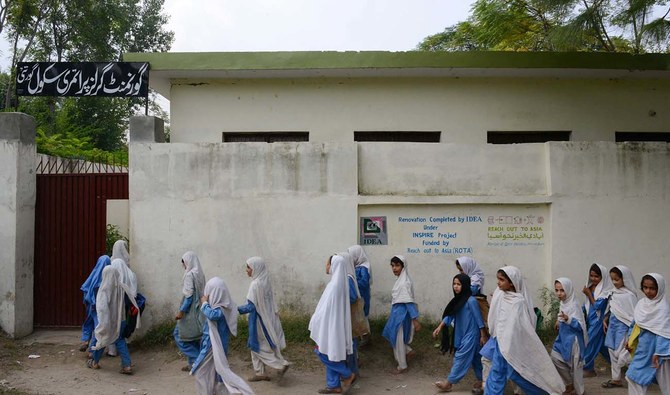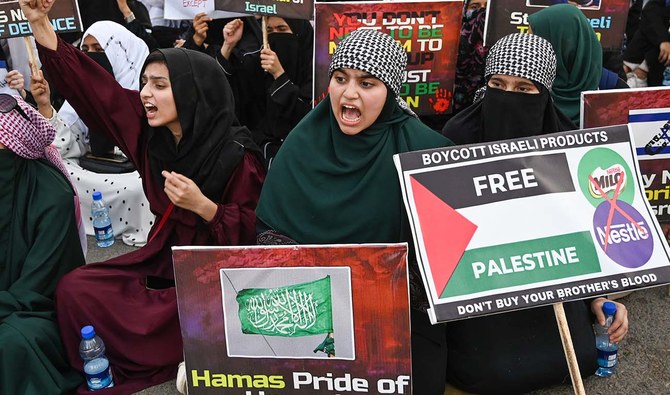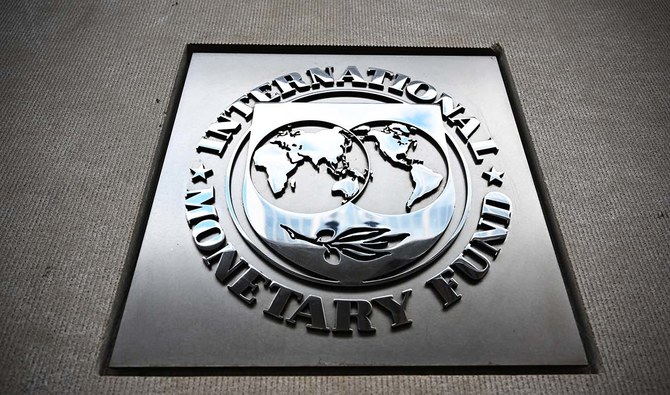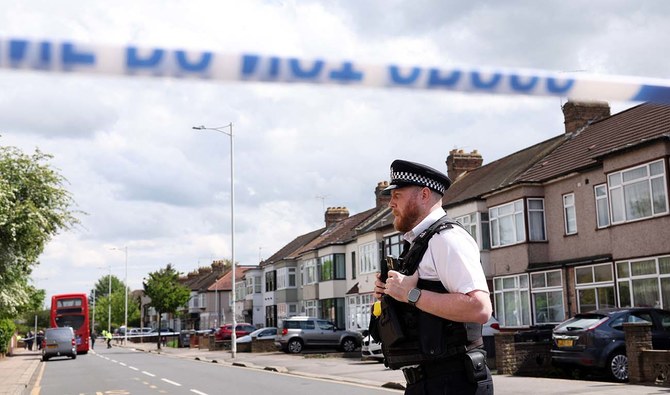ISLAMABAD: Prime Minister Shehbaz Sharif’s Pakistan Muslim League-Nawaz (PML-N) party said on Friday that a national consensus should be evolved among all political parties before any elections to ensure their fairness and transparency, ruling out the possibility of snap polls across the South Asian country.
The development comes a day after Punjab Chief Minister Chaudhry Pervaiz Elahi, an ally of ousted premier Imran Khan, sent a summary to Governor Baligh-ur-Rehman for the dissolution of the provincial legislature. As per the constitution, if the governor fails to dissolve the assembly, it will automatically stand dissolved on Sunday, 48 hours since the circulation of the summary.
Khan’s Pakistan Tehreek-e-Insaf (PTI) opposition party has also announced dissolving the Khyber Pakhtunkhwa assembly in a couple of days to force PM Sharif's government into announcing snap polls. Khan’s PTI party and allies have been in power in both Punjab and KP provinces.
But Tallal Chaudry, a senior member of Sharif’s party, stresses the need for a national consensus before the conduct of nationwide polls in the South Asian country, which is already facing an economic crisis compounded by months of political instability.
“We want the rules of the game to be decided before the elections, otherwise nobody would accept results of the polls,” Chaudry told Arab News.
“Our party is ready for the elections in Punjab and other provinces as well, but first we need to develop a national consensus to hold fair and free polls.”
He said elections in parts of Pakistan would further “ruin our economy and prolong the political instability” as Khan had repeatedly expressed his lack of trust in the current election commission. “So will he be accepting the results if his party loses the elections,” the PML-N leader questioned.
Chaudry revealed that backdoor negotiations with the PTI, through President Arif Alvi, "for a consensus over elections" had failed to yield desired results and “as of now, no talks were underway with the PTI.”
About the possibility of countrywide elections, he said PM Sharif could not call the snap polls without the consensus of coalition partners.
“We are a coalition government in the centre and cannot take decisions without consultation and consent of our coalition partners,” Chaudry explained.
He pointed out that even if Sharif dissolved the National Assembly — the lower house of Pakistan parliament — there was no guarantee that the Pakistan Peoples Party (PPP) and the Balochistan Awami Party (BAP) would agree to dissolve the provincial assemblies in Sindh and Balochistan, which are ruled by the coalition partners.
Pakistan's constitution says when the National Assembly or a provincial assembly is dissolved, a general election for the assembly “shall be held within a period of ninety days after the dissolution.”
Kanwar Dilshad, former secretary of the Election Commission of Pakistan, doubted that elections would be held in parts as this would raise questions over transparency and fairness of the polls.
“The ECP enjoys unrestricted powers in terms of holding elections, so it will either delay the Punjab and KP polls till October or the National Assembly will have to be dissolved in the next 15 to 20 days to conduct the national elections,” he told Arab News.
Ahmed Bilal Mehboob, president of the Islamabad-based PILDAT think-tank, said there were no solid grounds with the election commission or the federal government to delay the polls, after the dissolution of the two provincial assemblies.
“The caretaker governments will have to be installed in the provinces where assemblies are dissolved to ensure free and fair elections,” he told Arab News.
Mehboob, however, agreed that elections in parts of the country would lead to multiple questions over their transparency.
“In case the elections are held only in Punjab and KP, then there will be no caretaker government in the centre, and it can try to influence the results,” he said.
“And when elections for the National Assembly would be held at a later stage, the [new] provincial administrations would try to influence the results in their favour.”
Mehboob doubted the Sharif-led coalition government would be willing to dissolve the National Assembly to pave the way for the national elections.
“The PML-N and its coalition partners' assessment is that this is not a favourable time for them to go into the elections,” he added.
Khan, who was ousted from power in a parliamentary no-trust vote, has since been demanding snap elections in the country.
The former premier says he was ousted as part of a United States-backed "foreign conspiracy." Washington and Khan's opponents deny the allegation.
PM Sharif's government says countrywide elections will be held in the latter half of this year as per the schedule.















